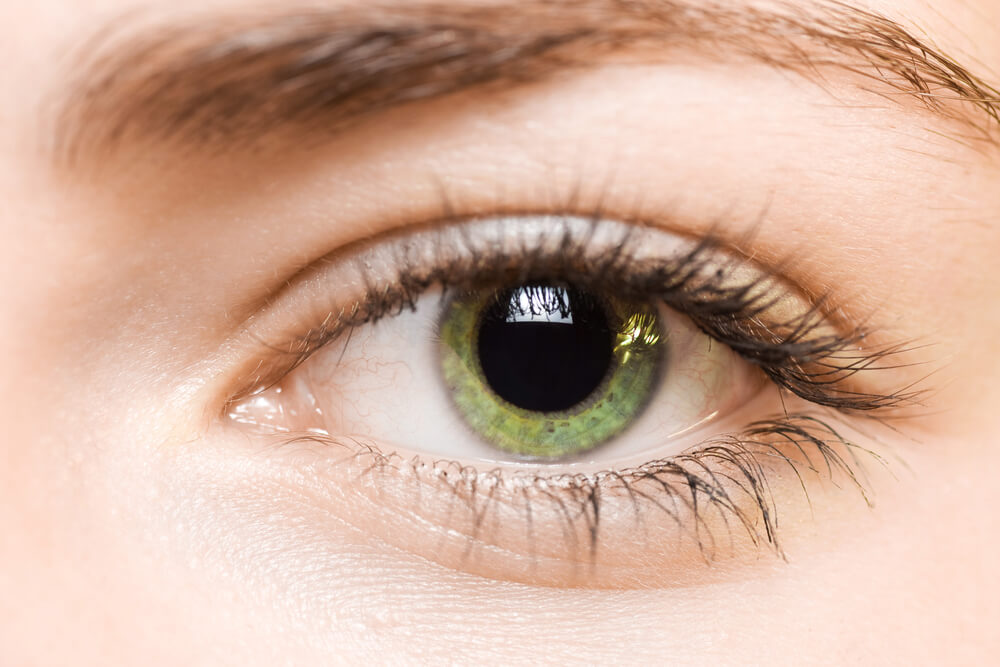
Keratoconus is an eye condition caused by critical weakness in the structure of the cornea. This eye condition can cause a variety of symptoms, including blurred or distorted vision.
Although it is still unknown what causes keratoconus, there are often many apparent symptoms that accompany the disorder. Keep reading to learn more about if you can treat keratoconus!
What is Keratoconus?
Typically, keratoconus begins during adolescence and may progress quickly, slowly, or not at all. In those who have keratoconus, instead of the usual spherical shape, the weakness of their cornea causes it to take on a cone shape.
This cone shape often causes the cornea to bulge, with the weakest and thinnest point often being at the peak of this bulge. If the cornea continues to bulge and thin, its surface becomes more and more irregular.
The cornea’s irregular shape can distort your vision and cause several visual aberrations such as glare and halos. You may even experience headaches from eye pain, sensitivity to light, and worsening vision.
At Levin Eyecare, our eye doctors specialize in treating keratoconus. Early detection and treatment of keratoconus can help preserve vision and prevent further thinning of the cornea.
Diagnosing Keratoconus
Experts believe that keratoconus may originate from a genetic predisposition to the disease. Although science has yet to find a conclusive answer to the root cause, chronic eye rubbing seems to worsen the issue.
Diagnosing keratoconus is relatively simple. Your eye doctor can diagnose keratoconus during a routine eye exam.
To diagnose keratoconus, your eye doctor may take pictures of the cornea and examine it under a microscope to look for abnormalities. Eye doctors also take corneal topography measurements to get accurate readings of how advanced the condition is.
This method uses mapping software to get highly accurate data on the curvature and shape of your cornea. Additionally, your eye doctor may conduct a pachymetry test.
A pachymetry test measures the thickness of your cornea. This test is important because it can provide insight into how weak the cornea is.
After gathering all of this information, your eye doctor can determine if you have keratoconus. Once diagnosed, your eye doctor will be able to create a treatment plan.
Treating Keratoconus at Different Stages
If you are diagnosed with keratoconus, treatment can vary depending on how advanced the condition is. There are three stages to keratoconus: early, intermediate, and advanced.
If you’re diagnosed with keratoconus in its early stages, the symptoms can often be managed with glasses or contacts. However, it is crucial for your eye doctor to monitor your eyes and vision if you have keratoconus.
If the condition or your symptoms begin to worsen, your doctor can implement other treatment strategies to slow its progression. In the intermediate stages of keratoconus, your eye doctor may want to treat the condition with corneal cross-linking.
Keratoconus is heavily associated with a loss of collagen. Collagen is an essential protein that provides strength and flexibility to the structures it makes up.
Corneal cross-linking is a procedure that involves applying a unique solution to the eye and activating it with UV light. The combination of the UV light source and the solution helps the corneal cells form new collagen bonds, which strengthens the cornea.
This procedure will not reverse the effects of keratoconus but can help prevent the disease from entering the advanced stages. If keratoconus enters its advanced stages, surgical procedures may be necessary to save your vision.
Your eye doctor may use a corneal ring implanted to help flatten the curvature of your cornea. In some cases, a corneal transplant may be needed to restore your vision.
If keratoconus is diagnosed early enough, corneal cross-linking can often help delay or prevent the need for a corneal transplant.
Do you want to learn more about how keratoconus is treated? Schedule an appointment at Levin Eyecare in Bel Air, MD, today!
